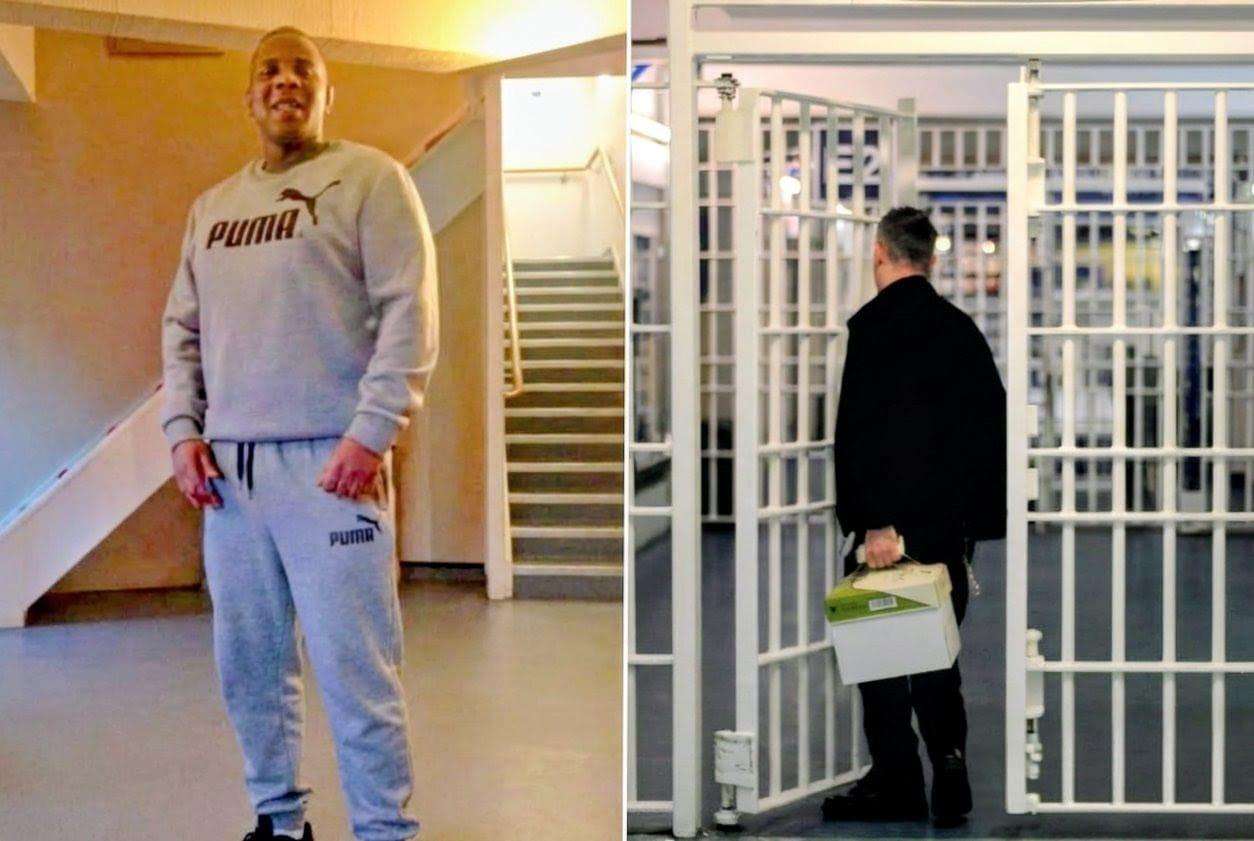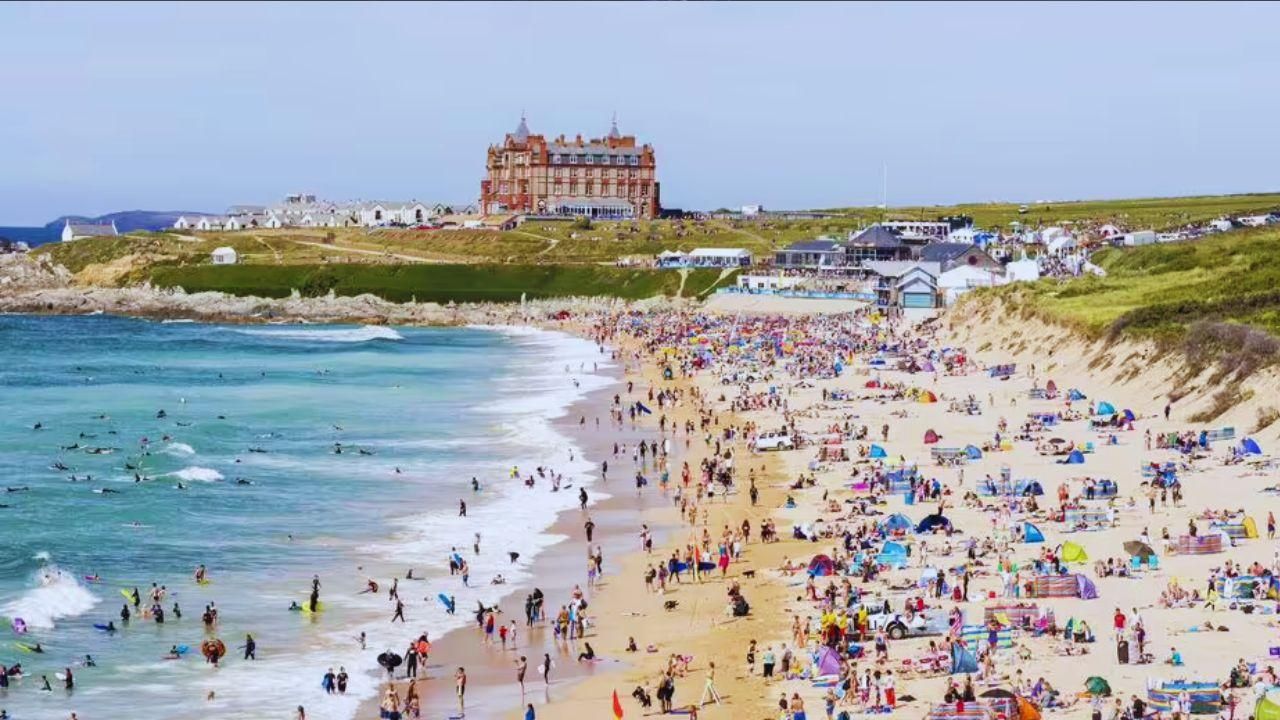As borrowing costs and inflation have decreased, Rachel Reeves has benefited and is less likely to have to reduce spending this spring.Over the next few weeks, the Office for Budget Responsibility (OBR) will prepare its next prediction for the public finances, which could cause anxiety for the chancellor. Key data, including GDP figures released on Thursday and the Bank of England's interest rate decision on February 6, could have a big impact on whether or not Reeves's spending and tax plans are in line with her self-imposed borrowing rules. The OBR will base its forecast for March 26 on data from the last six to eight weeks, or basically the beginning of February.On Wednesday, Sir Keir Starmer emphasized that no "mini Budget" was planned for March 26, the date of the OBR's decision. Daily Dazzling Dawn understand that in the event that the watchdog determines that the fiscal rules are likely to be broken, ministers and government representatives are keeping the possibility of further spending cuts or tax rises open. The Office for National Statistics said on Wednesday that the rate of consumer price inflation in December had unexpectedly dropped from 2.6 to 2.5 percent.And big moves in global bond markets wiped out around half of the increase in the UK’s borrowing costs which had materialised since the start of the year and which had cast doubt on the Chancellor’s ability to meet her fiscal rules.
Speaking at Prime Minister’s Questions, Starmer insisted that “we have an iron-clad commitment to our fiscal rules” but played down the prospect of an additional mini-Budget in March, saying: “We have one Budget, that’s what we committed to, strong fiscal rules and we will stick to them.”Alex Kerr of Capital Economics said that on current estimates, the “headroom” available to the Chancellor – the difference between how much she is borrowing over the next five years and the maximum allowed under the fiscal rules – is £500m, which would be unprecedentedly low but avoid the need for emergency intervention.
This was an improvement on the minus £2bn the Chancellor was facing at the beginning of the day, as better than expected inflation and economic news from the US meant the cost of borrowing fall.
But he warned: “Typically, the OBR bases its fiscal forecasts on market interest rates from six to eight weeks prior to the fiscal event. So ahead of the fiscal event on 26 March, it is where market interest rate expectations and gilt yields are in early-mid February that will matter for the OBR’s forecasts.”
Why has the cost of borrowing increased?
Experts generally say global factors such as the impending arrival of Donald Trump in the White House and his potentially inflationary policies are the main driving factor behind the soaring cost of borrowing.
However, they also acknowledge that Reeves’s decisions to change her fiscal rules to allow more borrowing for investment in infrastructure and place higher taxes on businesses, have also affected the markets and had a dampening effect on growth.
Reeves also inherited what the Institute for Fiscal Studies previously described as a “decade-and-a-half of historically poor growth”.
She also left herself a thin £9.9bn headroom in the Budget, which is at risk of being wiped out by the high cost of borrowing.
If it is wiped out she would be forced to find extra money to meet her fiscal rule of not borrowing for day-to-day expenses.Her only two options would be to raise taxes, which she has ruled out, or cut spending.Nicholas Hyett, an investment manager at Wealth Club, said the fall in inflation was “very welcome for the Government” but added: “We think there’s a significant risk that inflation kicks off again later in the year… It could be a tense few months as we wait and see how things play out.”
The Bank of England is under pressure from left and right to cut interest rates at its next meeting, although markets expect rates to fall only very slowly over the course of this year.
Paul Nowak, head of the Trades Union Congress, said: “It’s time for the Bank of England to act with another interest rate cut at the start of February.” Julian Jessop of the free-market Institute of Economic Affairs added: “With monetary growth subdued, economic activity stalling, and the labour market weakening sharply, the Bank should cut rates again in February and keep cutting throughout the year.”
Opposition politicians have accused the Government of weakening the economy with its Budget decisions. Shadow Chancellor Mel Stride said: “What is key for our economy is to get growth going, but this has been killed stone dead by this Government.”
But some experts have warned the Chancellor against reacting too quickly to recent markets turbulence. Alfie Stirling of the Joseph Rowntree Foundation said that “an overreaction from Government to bond market toddler tantrums or slightly above target inflation data” would harm living standards.








.svg)


